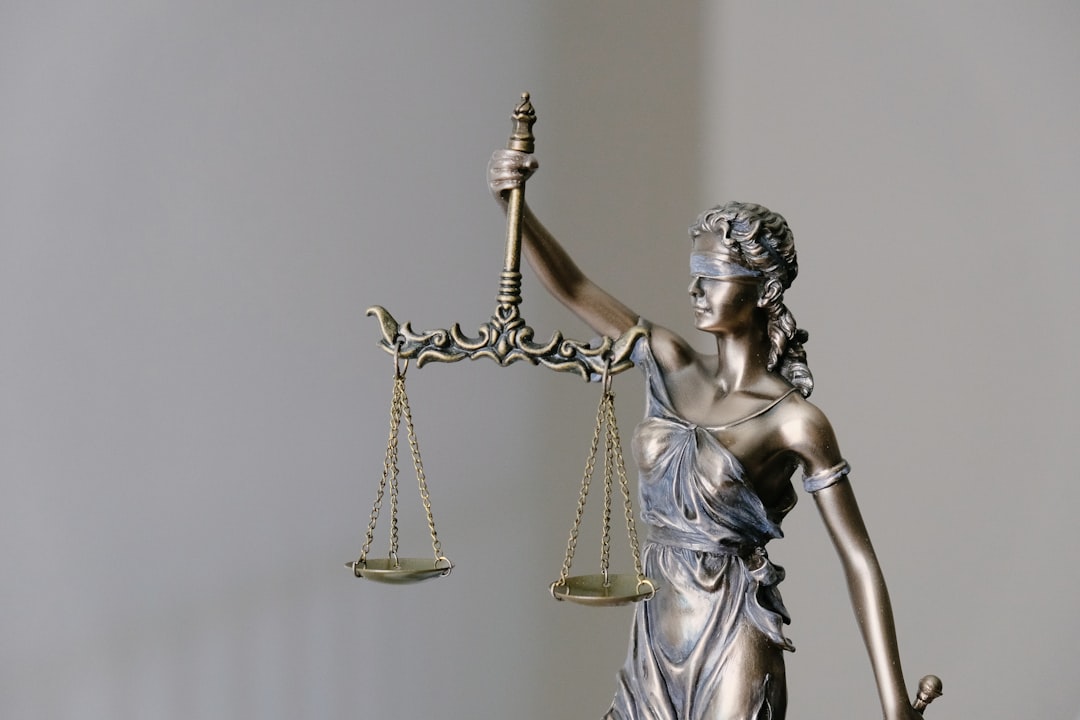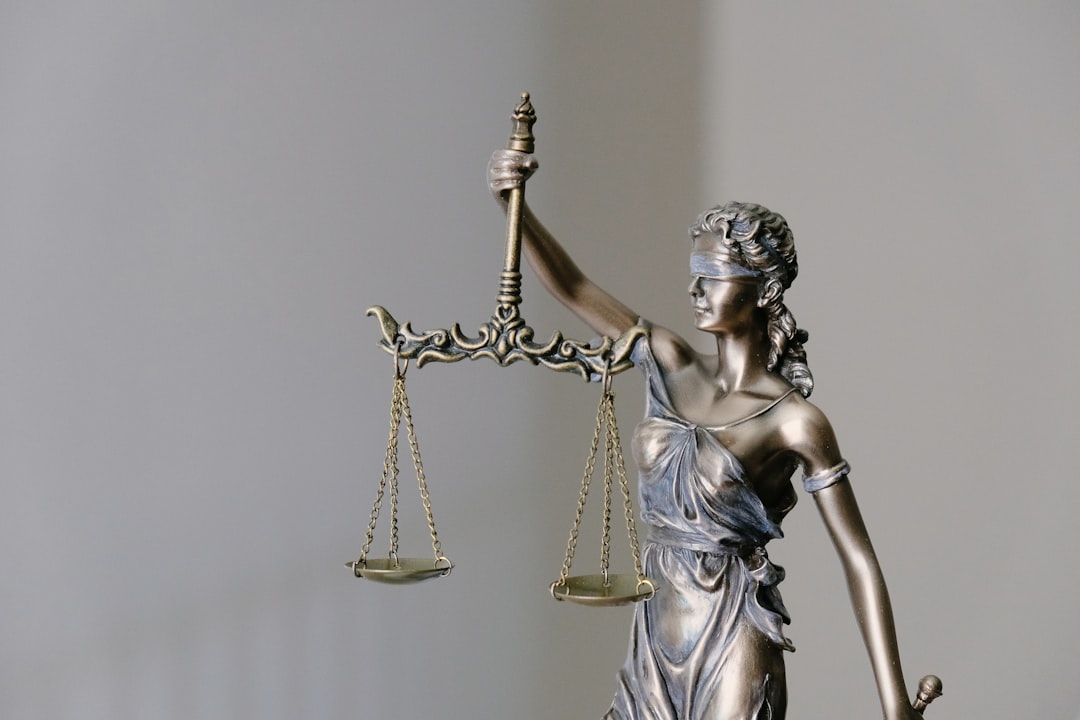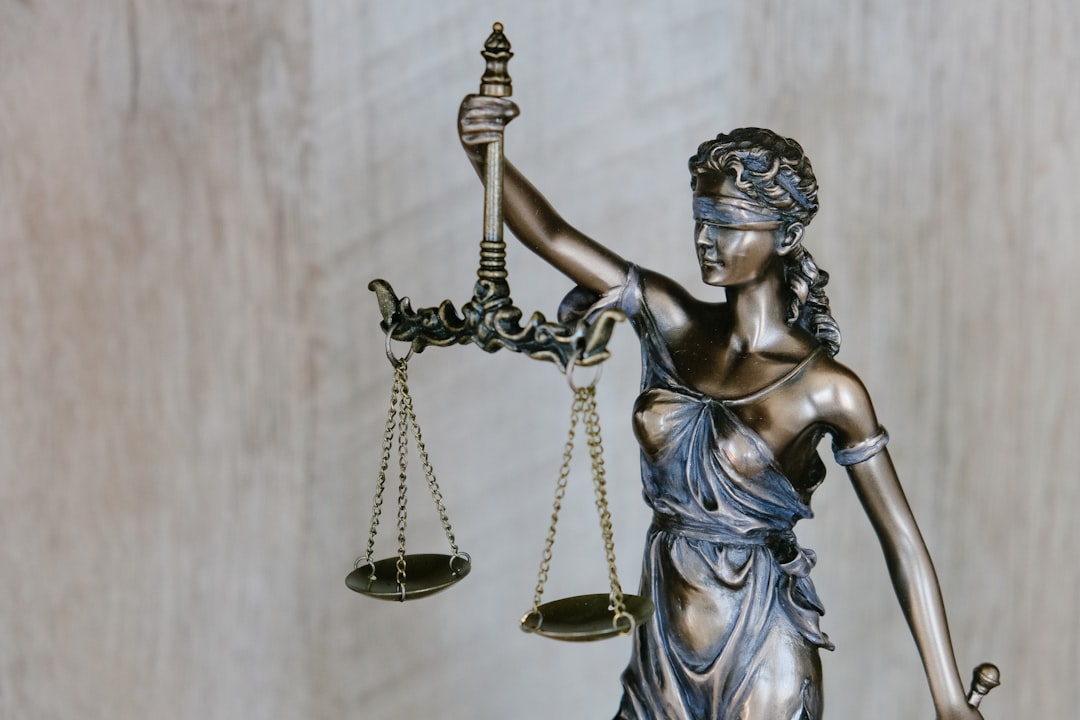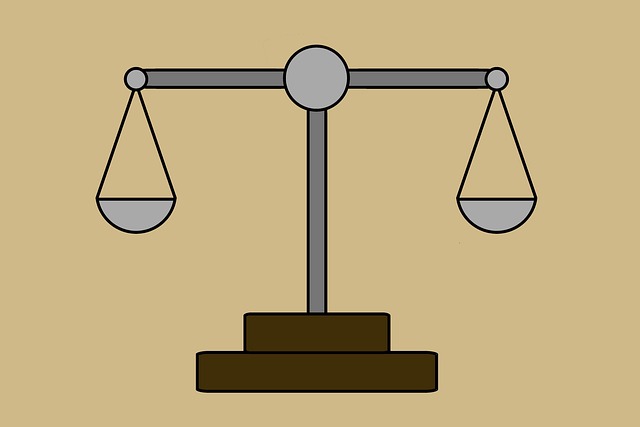Rape victims in Maryland can seek protection from online defamation through skilled rape attorneys who navigate complex legalities. These attorneys address false social media accusations, fake profiles, and intimate image sharing, advocating for clients' rights and ensuring consequences for defamers. They use laws like the DMCA, gather evidence, send cease-and-desist letters, and guide clients on responses to protect against further defamation, creating a safe digital environment for healing and justice.
In today’s digital age, online defamation can severely impact survivors of sexual assault. With just a few clicks, false narratives can spread, causing lasting harm. This article guides survivors and their advocates through navigating online defamation in White Marsh, Maryland, focusing on legal protections and strategies. We explore Maryland’s online defamation laws, the importance of documenting digital harassment, and how a rape attorney in Baltimore MD can defend victims’ rights while managing social media evidence and privacy concerns.
Understanding Online Defamation Laws in Maryland

In Maryland, online defamation laws are designed to protect individuals from false and harmful statements that can damage their reputation. When it comes to sensitive issues like rape cases, these laws become even more critical. A rape attorney in Baltimore MD can help navigate this complex area of law, especially when the case involves digital media and social platforms.
Online defamation may include various forms such as posting false accusations on social media, creating fake profiles to spread rumors, or sharing intimate images without consent—all of which are illegal under Maryland’s defamation statutes. A skilled rape attorney will understand these legal nuances and advocate for their client’s rights, ensuring that online defamers face appropriate consequences. They will also guide clients on how to respond, including seeking takedown notices for false content and potentially filing lawsuits for damages.
Identifying and Documenting Digital Harassment

In today’s digital era, online defamation can take many forms, and it’s crucial for victims of sexual assault to understand their rights in navigating these complex issues. The first step is identifying and documenting digital harassment. This includes tracking down offensive content shared on social media platforms, forums, or other online spaces. Screenshots and date/time stamps are essential evidence that can be used later by a rape attorney in Baltimore MD to build a strong case for defamation.
Additionally, it’s important to save any communications that might be relevant, such as threatening messages or attempts at blackmail. This documentation not only serves as evidence but also helps in identifying the source of harassment, which is critical for legal proceedings against the perpetrators. A rape attorney in Baltimore MD can guide victims through this process, ensuring their digital footprint is preserved and used effectively to combat online defamation.
Legal Strategies for Rape Case Defense

In a rape case, navigating online defamation requires a strategic legal approach. A rape attorney in Baltimore, MD, can help clients protect their rights and manage the unique challenges posed by digital platforms. One crucial strategy is to gather evidence of any false or misleading information online and consult with experts who can analyze and debunk these claims. This process involves reaching out to website administrators and asking for the removal of defamatory content under relevant laws, such as the Digital Millennium Copyright Act (DMCA).
Additionally, a defense attorney might employ legal threats or negotiations to deter further defamation. They can send cease-and-desist letters to individuals or websites publishing false accusations, potentially resulting in binding agreements that protect the victim’s reputation. It is essential for victims of rape to seek immediate assistance from a qualified rape attorney in Baltimore, MD, who understands the complexities of online defamation and can guide them through the legal process effectively.
Navigating Social Media Evidence and Privacy

Navigating the world of social media evidence in a sensitive case like rape can be complex, especially with strict privacy laws in place. As a rape attorney in Baltimore, MD, understanding how to handle online content related to such cases is crucial. In today’s digital era, many details about individuals, including victims, are shared on various platforms, which may include posts, messages, or images that could be misconstrued or used maliciously.
When dealing with potential evidence on social media, it’s important to respect the privacy rights of both the victim and the accused while ensuring a thorough investigation. This involves obtaining proper legal authorization for accessing such content, especially when dealing with private messages or encrypted accounts. The goal is to gather relevant information without infringing upon personal privacy, which requires a delicate balance and expertise from a specialized rape attorney in Baltimore, MD.
Supporting Survivor's Rights During the Process

In the aftermath of a rape, survivors often face an additional battle in the digital realm. Online defamation can further traumatize victims and hinder their pursuit of justice. A dedicated rape attorney in Baltimore, MD, plays a vital role in supporting survivors during this challenging process. Legal professionals with expertise in this field understand the complexities of both criminal and civil cases, ensuring that the survivor’s rights are protected.
A rape attorney in Baltimore MD can help navigate the legal system while advocating for the survivor’s online safety. They can take necessary actions to remove defamatory content, protect personal information, and educate the client on their digital privacy rights. This support is crucial in fostering a safe environment for survivors to heal and seek justice, ensuring that their voices are heard without facing further harm from online platforms.




